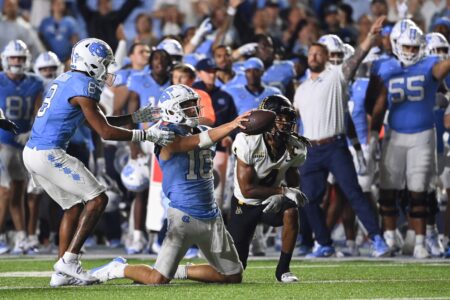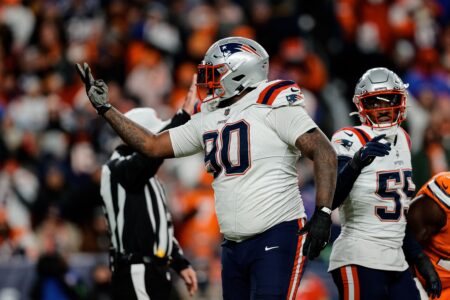With his close-cropped hair and gentlemanly manners, Bart Starr will always be remembered as a player from another age, a poster boy, if you will, of the silent majority -- the quarterback who dutifully executed the orders of the game's greatest field general, Vince Lombardi.
In the 1960s, he played John Glenn to Joe Namath's John Lennon.
But in one of the most memorable games in NFL history, on the 1-foot line of the frozen tundra of Lambeau Field in Green Bay, in what history will forever remember as the Ice Bowl, Starr ignored the orders of his commander. That's right. Starr went to the line of scrimmage, saw the conditions, and changed the play. One of the most iconic plays in football history went off the script.
Starr called an audible.
It was the 1967 NFL Championship Game. The
Green Bay Packers trailed the
Dallas Cowboys 17-14. The heating coils that Lombardi had installed below the field had frozen in the arctic conditions. Starr had just gone to the sideline for his marching orders. Lombardi said to him, "Let's run it and get the hell out of here." The playcall was simple enough: Starr was to hand the football to Chuck Mercein, his 225-pound fullback; it was a simple dive play.
But Starr had other ideas. He knew he could not risk turning, planting and handing the ball to Mercein, who also would have to push off to get to the line of scrimmage and slice through the Cowboys' vaunted defensive line. So, he changed the play and didn't tell a soul.
Center Ken Bowman snapped the ball. Starr kept it, dove behind Jerry Kramer's block, and the rest is history.
That's Bart Starr -- misunderstood, underrated, and too often unappreciated. You're probably thinking, well, he's in Canton, so he can't be that underappreciated. Yes, Starr is in the Pro Football Hall of Fame. But he never truly got the recognition he deserved. Starr finished his career with more NFL titles (five) than Pro Bowl appearances (four). That's just crazy. To me, he's easily among the top 10 quarterbacks of all time and is arguably the greatest of his generation.
Stats don't even begin to tell the story of his career, but let's look at some.
Before there was
Tom Brady, Starr won more NFL championships than any other quarterback.
But in the 1960s, Starr always took a backseat to Johnny Unitas and Joe Namath in star power. Starr was dismissed as simply a caretaker of the great Packers teams that made an annual habit of winning NFL titles. The argument went that he played for Lombardi on a team that had 12 Hall of Famers.
He never passed for 2,500 yards in a season, never threw more than 16 touchdowns in a season. He averaged 19.5 pass attempts per game in his 14 years as a starter. But as a starter, Starr won five NFL titles -- as many as Unitas, Brett Favre, Joe Namath, Steve Young and Dan Marino combined.
And Starr is the only quarterback in pro football history to win three titles in a row. He lost just one of 10 playoff starts -- the first one, in 1960, when the
Philadelphia Eagles beat the Packers in the title game at Franklin Field. Starr's .900 playoff winning percentage is the best in NFL history.
Look at Starr next to Unitas. The great Colts quarterback played in three NFL championship games and two Super Bowls. He completed just 57 percent of his passes in those games, with four touchdown passes and six picks.
In his four appearances in championship games and two Super Bowls, Starr completed 58 percent of his passes, with eight touchdown passes and two interceptions.
Unitas had a passer rating of 68.9 in his postseason career. Starr's career postseason passer rating was a gaudy 104.8, the highest in NFL history, safely ahead of the No. 2, Kurt Warner (102.8 career postseason rating).
Imagine this for mind-blowing accuracy and proficiency: In 10 postseason games, Starr threw the football 213 times -- and he had just three interceptions.
He is one of only five quarterbacks to win more than one Super Bowl MVP, and his average of 9.6 yards per attempt is the third-highest in Super Bowl history, behind only Terry Bradshaw and
Russell Wilson. Comparing passing stats over generations is often a fool's errand given how much the game has changed, but even then, Starr manages to find a way into the conversation as a great playoff passer. And the winning speaks for itself.
Starr may not be the greatest quarterback in NFL history, but he's the most underrated. And he's not to be forgotten.





















